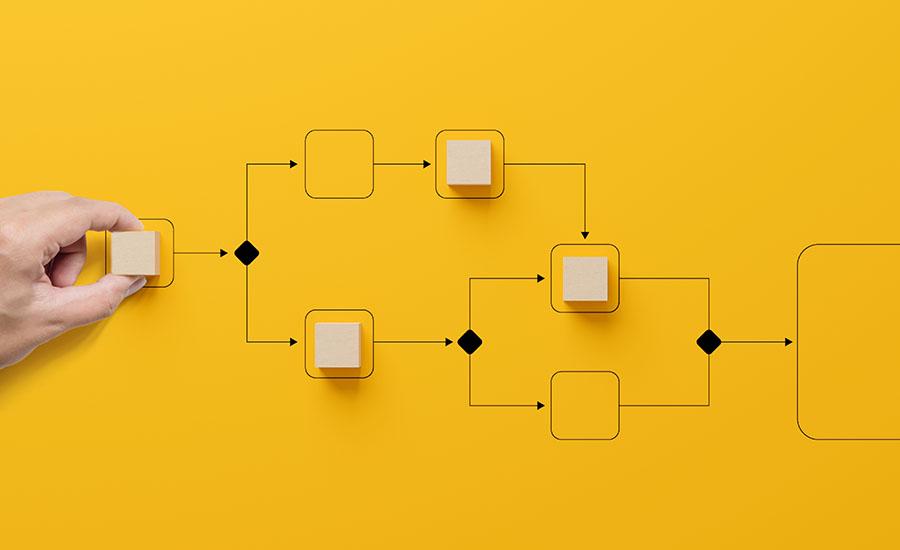Grades:
4th Grade
In this hands-on lesson, students will construct a model of a volcano and produce lava flows. They will also observe, draw, record, and interpret the history and stratification of an unknown volcano
Grades:
6th Grade, 7th Grade, 8th Grade
This is an 8-lesson unit that is designed to be used together to learn about the health and diversity of your local watershed by placing leaf packs into a water source (natural or man-made ponds
Grades:
6th Grade, 7th Grade, 8th Grade
This is an 8-lesson unit that is designed to be used together to learn about the health and diversity of your local watershed by placing leaf packs into a water source (natural or man-made ponds
Grades:
5th Grade
Students will use the engineering design process to design, build, and test three different paper airplane designs. The goal will be to create one that can fly the fastest, one that can fly the
Grades:
6th Grade, 7th Grade, 8th Grade
This is a two- part lesson using pull back cars. Students will change the mass of their pull back cars to determine if the mass affects the distance they travel or their speed. This engaging lesson
Grades:
11th Grade, 12th Grade
This will be a 1 class period laboratory. It should take about 45-60 minutes. Students will be making a wet-mount slide of pollen that they collected or that was provided. They can look at prepared
Grades:
6th Grade, 7th Grade, 8th Grade
In this hands-on lesson, students will consider what they think about several different closed systems. Then students will design and carry out investigations of living things to inform their closed
Featured Lesson Plans
Check out these notable lesson plans.

Featured
Zippy the Elf's Zipline Zone
Grades:
6th Grade
In this creative engineering design lesson, students are challenged to use an inclined plane to create a safe and exciting zipline park for Zippy the Elf. This lesson reviews simple machines and has

Grades:
3rd Grade
This lesson is about exploring Arizona's state bird, the cactus wren, that lives in the desert, has special body parts and behaviors that help it survive in its harsh environment. Students will learn

Grades:
Kindergarten, 1st Grade
In this primary Kindergarten-1st grade STEM lesson, students will learn to define algorithm, bug, and debug in reference to programming. Through engagement with a virtual simulation, students will
